Geographical and ocean representation of MareFrame consortium

The MareFrame Partners
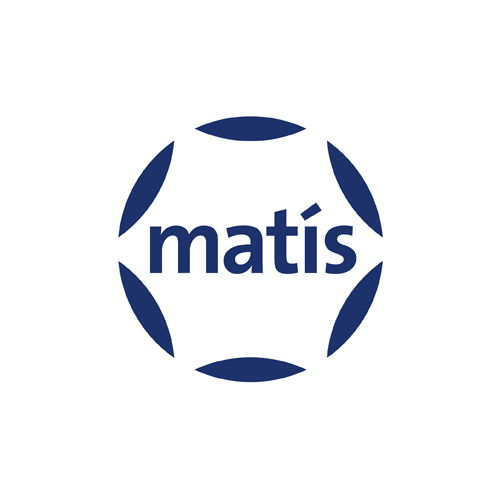
MATIS OHF – MATIS (Iceland)
MATIS is a public commercial food research company founded in Iceland in 2007, following the merger of three public food research institutes. The role of MATIS is to engage in food research, innovation and safety to increase the value of food through research, development, dissemination of knowledge and consultancy.
MATIS specialised fields include fisheries research, fisheries management, traceability, markets, processing technology, environmental research, quality and safety of aquatic and marine catches, chemical and physical properties of food and feed, genetics, aquaculture, biotechnology, microbiological and chemical and consulting.
MATIS has state of the art facilities at its laboratories performing cutting edge research in close collaboration with various Universities, Institutes and Industry in Iceland and throughout the world. MATIS has coordinated and participated in numerous national, Nordic and EU funded projects.
Over the last 5 years MATIS has successfully coordinated six FP6 and FP7 projects, including EcoFishMan FP7, AMYLOMICS FP7 and QALIBRA FP6. In addition, MATIS has been a partner in 21 successful FP7 and FP6 projects, five ERA-NET SAFEFOODERA projects and more projects in negotiation. MATIS therefore has great deal of experience of project management as well as the administrative capability to deliver successful European and international research projects.
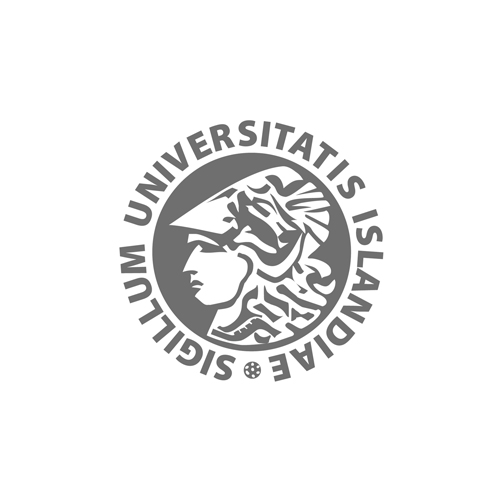
HASKOLI ISLANDS – Ui (Iceland)
The University of Iceland is a progressive educational and scientific institution, renowned in the global scientific community for its research. The Science Institute of the University of Iceland (SCUI) is the research arm of the Faculty of Physical Sciences (FPS) within the School of Engineering and Natural Sciences. The Science Institute hosts numerous Ph.D. students in statistics and ecological modelling. SCUI participates in a large number of international projects as do other parts of the FPS. SCUI staff cooperative with partners around the globe on statistical models and monitoring of marine populations. The School of Social Sciences is the largest school within the University of Iceland, and offers a multitude of academic programmes in six faculties, including the Faculty of Economics and the School of Business. Researchers in these two departments have in recent years taken part in many international projects on resource utilisation, including FP6 and FP7projects. The projects have included both theoretical and empirical aspects of bio-economic modeling. In addition, members of these faculties have played a key-role in providing advice to the government concerning the economic aspects of fisheries management in Iceland.
Read introduction (pdf)
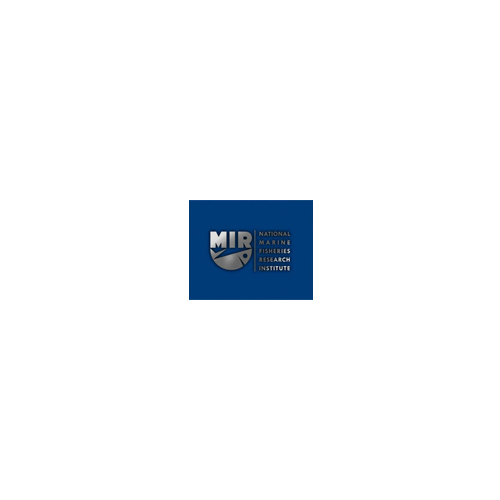
MORSKI INSTYTUT RYBACKI – PANSTWOWY INSTYTUT BADAWCZY – NMFRI (Poland)
NMFRI has long-standing experience and expertise in fishery research which it has conducted throughout the World Ocean, but in recent two decades its activities have been limited mostly to the Baltic Sea. The Institute was founded in 1921 and is the oldest marine research institution in Poland. The mission of the institute is to develop and provide scientific foundations for the rational use and exploitation of living marine resources. The overall tasks of NMFRI fit closely to the ICES Strategic Plan and to the majority of the priorities for scientific research in support of Common Fishery Policy of the EC (e.g. scientific bases of integrated fisheries management). The principal areas of research conducted at the Institute include: fishery biology and oceanography, marine ecology, fish processing technologies and fishery economics.
Read introduction (pdf)
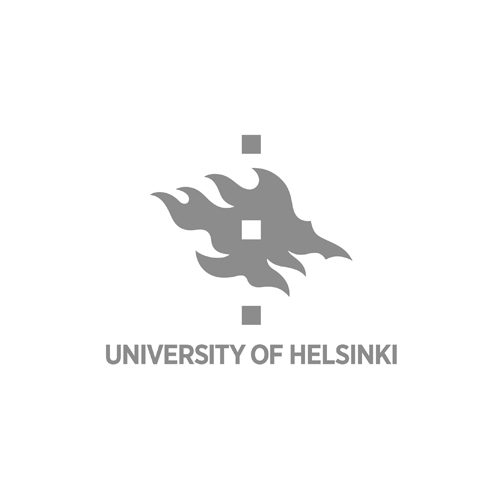
The University of Helsinki
The University of Helsinki is the largest University in Finland. It includes 11 different faculties including the Faculty of Biosciences which is responsible for education and research in biological and environmental sciences. As an educational institution the Faculty of Biosciences provides training to graduate and post graduate level that lead to variety of careers in universities, research institutes, public administration, schools, business and industry. Fisheries and Environmental Management group (FEM) has specialised on Bayesian inference in fish stock assessment and environmental management, interdisciplinary modelling and policy analysis. UH-FEM is coordinating the current ECOKNOWS project in FP 7. Currently the group has 7 different international projects covering fisheries, oil spills, eutrophication and seal risk analysis.
Read introduction (pdf)
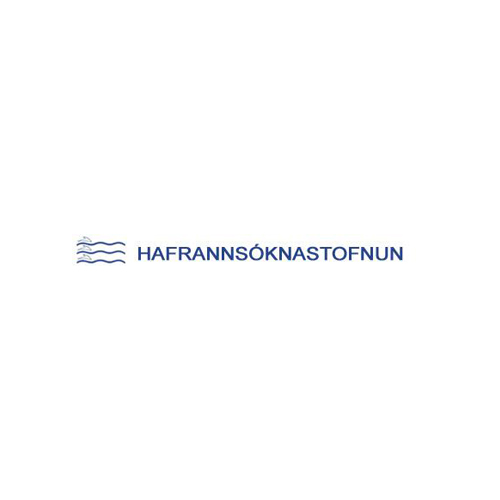
HAFRANNSOKNASTOFNUNIN – MRI (Iceland)
MRI is a government institute, established in 1965, under the auspices of the Icelandic Ministry of Fisheries. MRI conducts various marine researches and provides the Ministry with scientific advice based on its research on marine resources and the environment. The institute has around 170 employees, 2 research vessels, 5 branches around Iceland and a mariculture laboratory. The three main areas of activities of the MRI are the following: 1) to conduct research on the marine environment around Iceland and its living resources, 2) to provide advice to the government on catch levels and conservation measures, 3) to inform the government, the fishery sector and the public about the sea and its living resources. In the last decades, the MRI has acquired considerable experience with the multispecies modeling for ecosystem based management. MRI has coordinated and participated in numerous national, Nordic and EU funded projects.
Read introduction (pdf)
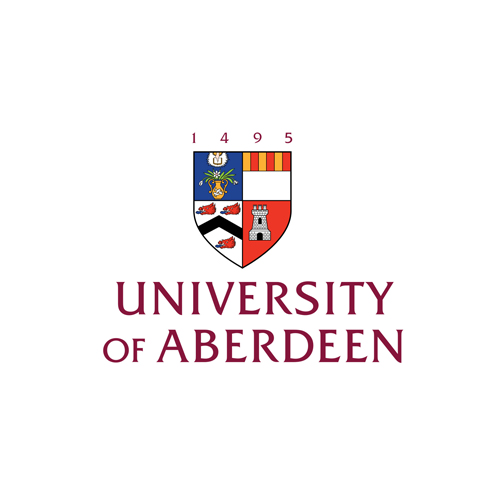
THE UNIVERSITY COURT OF THE UNIVERSITY OF ABERDEEN – UNIABDN (United Kingdom)
The University of Aberdeen was founded in 1495 and is one of the UK’s oldest academic institutions. It is currently ranked 129th in the QS World University rankings and has around 16000 students and 3000 staff. The Institute of Biological and Environmental Sciences has significant international expertise in understanding and modelling the population and physiological responses of animals and plants from habitats as diverse as the deep ocean and tropical forests. Oceanlab is an internationally recognised centre for deep sea research. The School of Biological Sciences runs a variety of marine related degree courses and is the only university in the UK to offer a postgraduate masters’ programme related to fisheries. The university has strong links to Marine Scotland Science, with many staff from that institute involved in the aforementioned masters course and involved in co-ordinated research programmes. The university is also one of the 11 founding partners of the wider marine pooling initiative MASTS.
Read introduction (pdf)
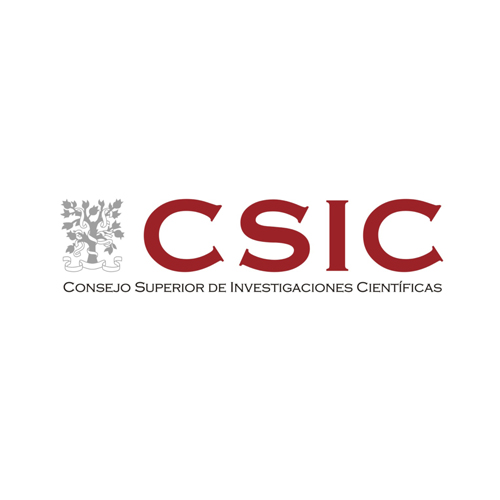
AGENCIA ESTATAL CONSEJO SUPERIOR DE INVESTIGACIONES CIENTIFICAS – CSIC (Spain)
CSIC is a public agency and the largest research body in Spain with a core role in the implementation of science and technological policies at the national level. CSIC produces 20% of Spain’s international publications and 45% of the public patents through 126 research institutes and a staff of about 13000 professionals. CSIC participates through the Institute for Marine Sciences of Andalucía (ICMAN) and the Estación Biológica de Doñana (EBD), the southernmost of the CSIC network of centres devoted to environmental sciences. ICMAN has more than 40 years of research experience focused on a variety of topics ranging from local, coastal and estuarine ecosystem management to basin scale ocean dynamics and biogeochemical fluxes. ICMAN has a total of 15 scientists whose expertise is frequently requested to act as an adviser to local and regional administration for subjects related to marine issues. EBD carries out multidisciplinary research of the highest standard directed to understanding the way in which biodiversity is generated, maintained and how it deteriorates, as well as the consequences of its loss and the possibilities of its conservation and restoration. The centre has more than 50 scientists and more than 75 pre or post docs. Since 2012, the centre is part of the Severo Ochoa network of excellence centres.
Read introduction (pdf)
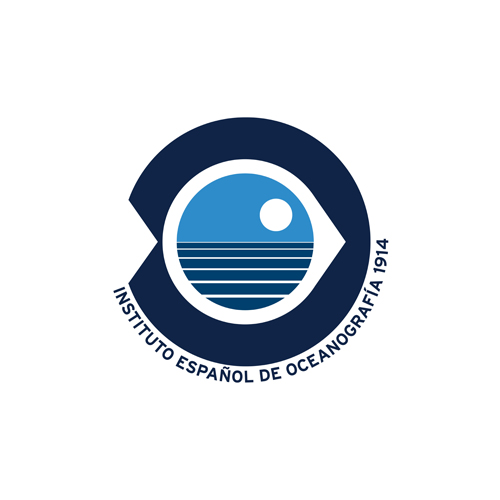
INSTITUTO ESPANOL DE OCEANOGRAFIA – IEO (Spain)
The main roles of IEO are to conduct research and give advice to the Spanish Administration on the exploitation, conservation and management of marine ecosystems. A main task is to assess stocks of fish and shellfish of interest to the Spanish fishing fleet, as well the impact of fisheries. These assessments are carried out under organizations such as ICES, NAFO, etc. They require the compilation of data relating to the Spanish fleet operations and on basic biological parameters. Contribution to the project: IEO will contribute to WP 1, 2 (WP leader), 3, 5, 6, 7 and 8. IEO will be involved in CS 5 (Western Waters – Iberia Peninsula). Their main work will be the assessment of Southern hake in a multispecies context considering the impact of top predators (small cetaceans) and also the impact of hake on they preys (pelagic species). IEO has considerable experience participating in similar EU projects related to fisheries assessment and management (e.g. MYFISH, ECOKNOWS, BECAUSE, UNCOVER, etc.).
Read introduction (pdf)
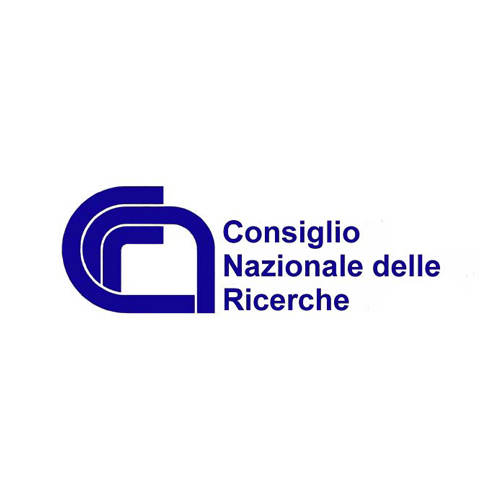
CONSIGLIO NAZIONALE DELLE RICERCHE – CNR (Italy)
The Italian National Research Council (CNR) is a public organisation. Its duty is to carry out, promote, spread, transfer and improve research activities in the main sectors of knowledge growth and of its applications for the scientific, technological, economic and social development of the Country. CNR has more than 8200 employees of whom more than 4000 researchers active in almost 100 Institutes, working in the main fields of scientific research. CNR has extensive experience on undertaking international programmes concerning the marine ecosystem, fishery resources assessment and management. Two CNR Institutes will be involved in the MareFrame project: The Institute for Coastal Marine Environment (IAMC) and the Institute of Marine Sciences (ISMAR). They conduct research mostly in the, Mediterranean region, focusing on several themes: fisheries and aquaculture, ecosystem modeling, oceanography, geology and geophysics, climate and paleoclimate, bio-geochemistry, coastal systems, technology.
Read introduction (pdf)
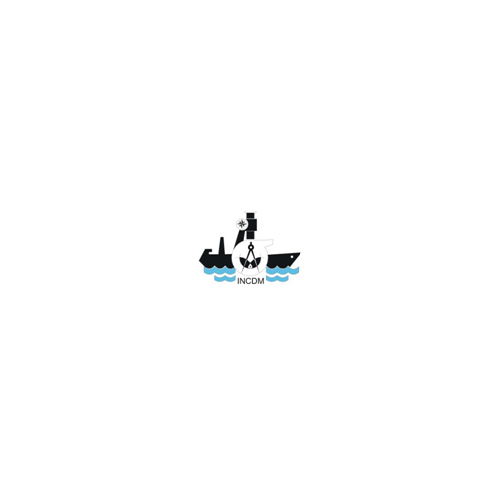
INSTITUTUL NATIONAL DE CERCETARE-DEZVOLTARE MARINA GRIGORE ANTIPA – INCDM (Romania)
The National Institute for Marine Research and Development “Grigore Antipa” is a representative national organisation with a multi-disciplinary and inter-disciplinary structure and functioning under the coordination of the Ministry of Environment and Forests, Romania. INCDM carries out basic, applied and technological research, crucial for the knowledge, protection and management of the coastal zone and marine environment, oceanography, marine and coastal engineering, management of the marine living resources in the Black Sea and World Oceans. INCDM insures the national, regional and European marine strategies/plans implementation. Since 1994 the scientific representation of Romania in international organisations (UNESCO/COI, CIESM, FAO, CGPM, CECAF, ICES, GFCM, NATO, GEF/Black Sea, ACCOBAMS) is being constantly assured by INCDM. The Black Sea Regional Activity Centre for Environmental Aspects of Fisheries and other Marine Living Resources Management (RAC FOMLRM) was created in 1994 and based on INCDM Constanta (ROMANIA) (NIMRD). RAC FOMLRM coordinates and ensures the necessary programmatic support and provision of practical technical support for functioning of related Advisory Group of Black Sea Commission in the field of protection and rehabilitation of marine ecosystem in particular for conservation and sustainable use of living marine resources.
Read introduction (pdf)
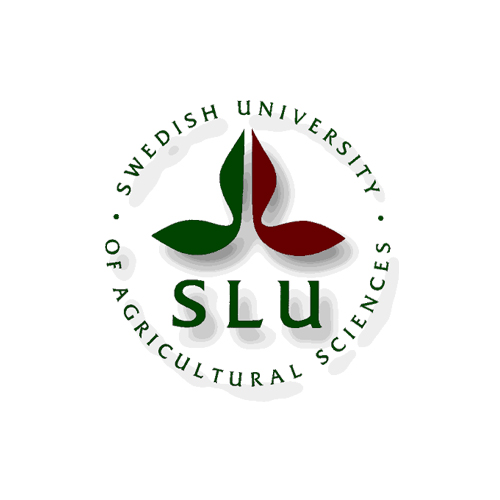
SVERIGES LANTBRUKSUNIVERSITET – SLU (Sweden)
SLU – the Swedish University of Agricultural Sciences – develops the understanding and sustainable use and management of biological natural resources. The Department of Aquatic Resources (SLU-Aqua) is focused on monitoring and assessment of the state of aquatic ecosystems and assessing the impact of resource uses on aquatic ecosystems. The research comprises stock assessment of fish and shellfish, ecosystem analyses and interactions, spatial and temporal analyses, effects of anthropogenic impact on fish, fisheries and ecosystems, fisheries management and practices, aquaculture and its effects. SLU-Aqua participates in a number of national and international projects.
Read introduction (pdf)
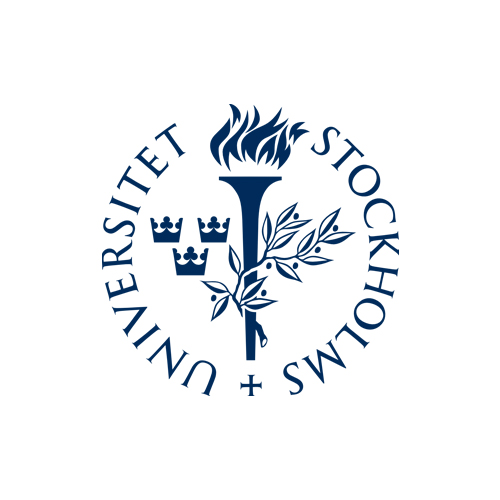
STOCKHOLMS UNIVERSITET – SU (Sweden)
The Baltic Nest Institute (SU) is part of the Baltic Research Centre and hosts the Nest (Net Environmental Support Tool) model, a decision support system aimed at facilitating adaptive management of environmental concern in the Baltic Sea. SU combines strong competences, linking basic and applied research, within all relevant disciplines for marine ecosystem management. Nest can be used to calculate required actions needed to attain politically agreed targets for the Baltic Sea ecosystem and is a novel tool for implementing the ecosystem approach in a large marine ecosystem.
Read introduction (pdf)
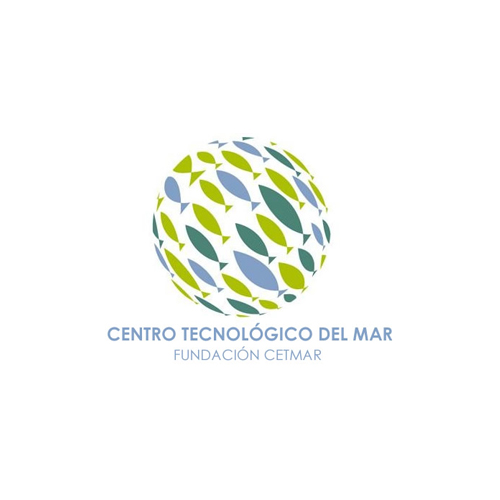
CENTRO TECNOLOGICO DEL MAR – FUNDACION CETMAR – CETMAR (Spain)
CETMAR is an inter-institutional coordination centre with an interdisciplinary integration of all marine research and technology resources, and was created to channel and reinforced the connection between RTD agents and sea-produce industries The role of CETMAR covers education and training, scientific research and technological development and innovation. CETMAR is integrated by 7 broad subject-based divisions: Marine environment/resources control & management, Fisheries Technology, Seafood Technology, Fisheries socioeconomics, Technology promotion & transfer, Training and International Cooperation. The staff is skilled in participating in EU programmes such as Research Framework Programmes, INTERREG (A,B and C), ESF, EFF, etc. In order to ensure plural participation, the Executive Secretary and different representatives from RACs organisations members (fisheries, environmental NGOs, etc.), RACs will be involved in MareFrame, according to the topic of the meetings and events scheduled under WP1. The Regional Advisory Council for the Mediterranean (MED RAC) is a stakeholder-led organisation and its role is to enable the European Commission to benefit from the knowledge and experience of stakeholders in the formulation and implementation of fisheries management measures. The RAC MED is composed for two thirds by representatives from the fishing sector of its seven Member States (Italy, France, Spain, Slovenia, Greece, Malta and Cyprus), and for one third of other parties concerned with the Common Fisheries Policy such as environmental organisations, aquaculture producers, consumers and recreational fishermen.
Read introduction (pdf)
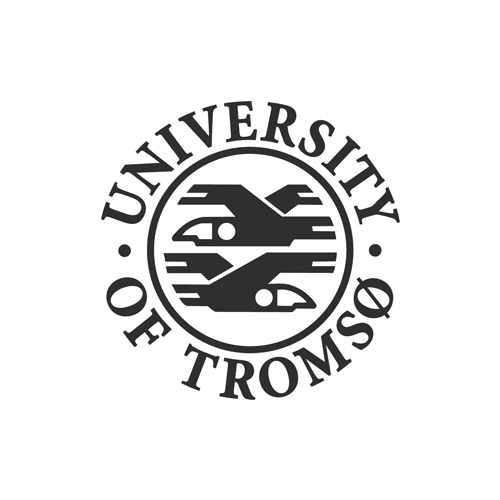
UNIVERSITETET I TROMSOE – UiT (Norway)
The Faculty of Biosciences, Fisheries and Economics (BFE) at the University of Tromso, Norway, is responsible for development of scientific knowledge within all areas of marine research in Norway. BFE has systematically developed competence, facilities and equipment related to marine and fishery biology, including population structure and dynamics. Teaching and research is primarily focused on the fields of biological oceanography, fisheries biology, assessment, resource management and marine governance and aquaculture. The faculty hosts competence in multidisciplinary studies and in implementing results.
Read introduction (pdf)
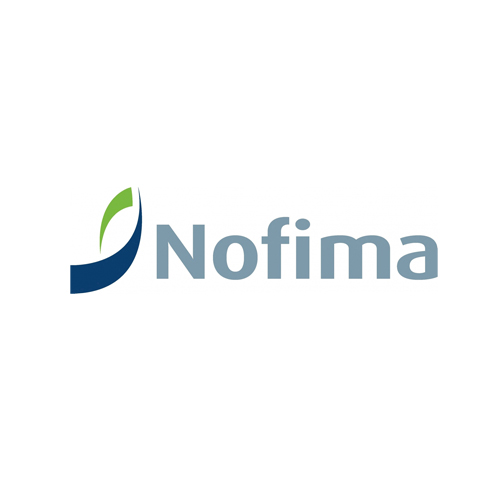
NOFIMA AS – NOFIMA (Norway)
NOFIMA is the fusion of various Norwegian food research institutes and covers all food sectors and links in the value chain. Nofima is Europe’s largest institute for applied research within the fields of fisheries, aquaculture and food. The research group involved in MareFrame has extensive international experience from relevant projects the food and seafood sector, and carries out RTD related to economics, marketing, logistics, rationalisation, decision support and traceability, particularly of seafood products. Nofima was coordinating the EU 5FP TraceFish project on seafood traceability and is coordinating the EU 7FP WhiteFish project on seafood sustainability. NOFIMA has a central role in various international standardisation activities, especially related to traceability and development of sector-specific ontologies, good-practice guides, methodologies and tools.
Read introduction (pdf)
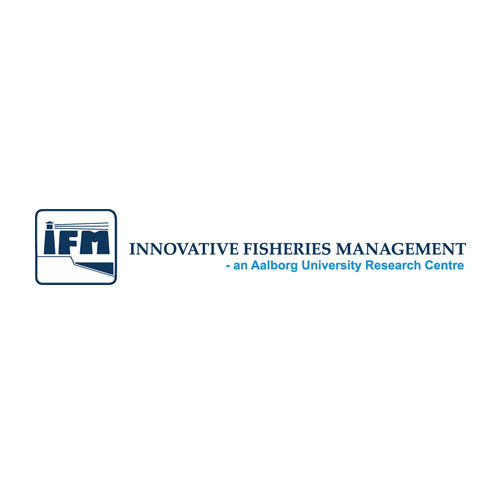
AALBORG UNIVERSITET – IFM-AAU (Denmark)
IFM-AAU is an Aalborg University Research Centre affiliated to the Department of Development and Planning under the Faculty of Engineering and Science. IFM-AAU specialises in social scientific research and advisory services in fisheries management and coastal community development. IFM-AAU has a particular focus on questions of governance within an ecosystem-based approach to marine management. The current research interests focus on; fisheries co-management, social aspects of the knowledge base for marine management; social impact assessments and the regional perspective on coastal community development.
Read introduction (pdf)
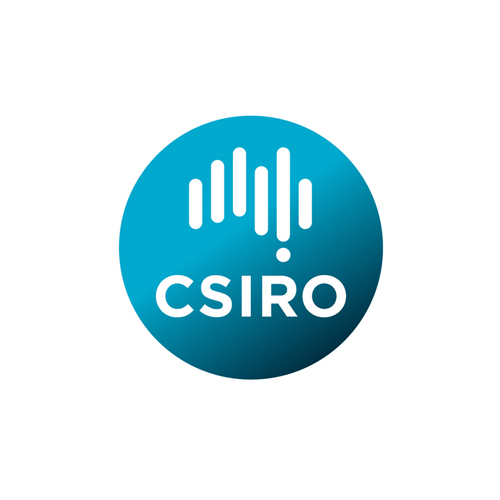
COMMONWEALTH SCIENTIFIC AND INDUSTRIAL RESEARCH ORGANISATION – CSIRO (Australia)
CSIRO is s Australia’s national science agency and one of the largest and most diverse research agencies in the world. It focuses on large-scale, long-term, multidisciplinary science to address Australia’s major national challenges and opportunities. CSIRO has a long record in science advise in support of sustainable marine natural resource management and has developed research and decision support tools for ecosystem based management that are used around the globe. Teams within the Marine and Atmospheric Research Division maintain collaborations with all the major marine research groups around the world (in the Americas, Europe, Africa).
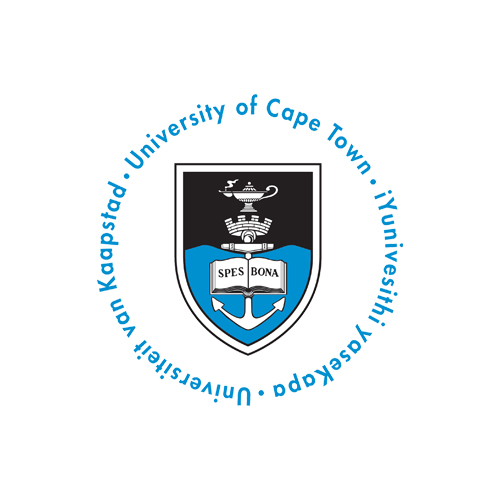
UNIVERSITY OF CAPE TOWN – UCT (South Africa)
University of Cape Town, South Africa are distinct from other tertiary institutions, since UCT is home to the highest number of world-ranked, A-rated researchers in South Africa, as well as the lion’s share of National Research Foundation chairs established in 2007. Undergraduate and postgraduate students share lecture halls and laboratories with outstanding researchers who are recognised world leaders in their field. Department of Mathematics and Applied Mathematics have six A-rated researchers and an Emeritus Distinguished Professor on their staff as well as four Distinguished Teachers. They balance research into conceptually deep and abstract topics such as Categorical Topology with active and large-scale contract work in real-life topics such as Marine Resource Assessment.
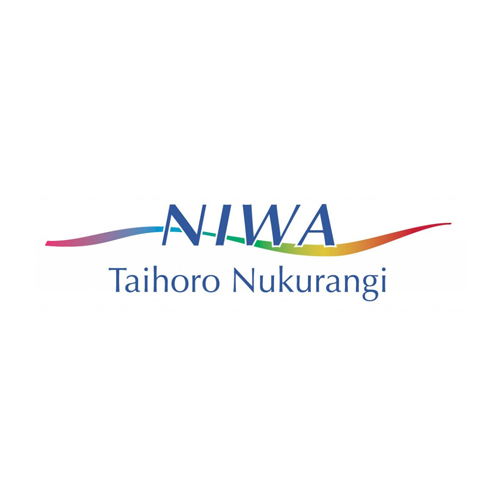
NATIONAL INSTITUTE OF WATER AND ATMOSPHERIC RESEARCH – NIWA (New Zealand)
The National Institute of Water and Atmospheric Research Ltd (NIWA) was established in 1992 as a Crown Research Institute, and is New Zealand’s leading provider of atmospheric, freshwater and marine research and associated services. NIWA has over 600 staff, based around main research centres in Auckland, Hamilton, Wellington, Nelson, Christchurch and Lauder, and field offices in smaller centres. In relation of fisheries, coasts, and oceans research, NIWA science provides the basis for increasing economic growth through sustainable management and use of aquatic resources, enhancing the stewardship of New Zealand’s freshwater and marine ecosystems and biodiversity, and increasing understanding of the Antarctic and Southern Ocean climate, cryosphere, oceans and ecosystems and their longer-term impact in New Zealand.
Read introduction (pdf)
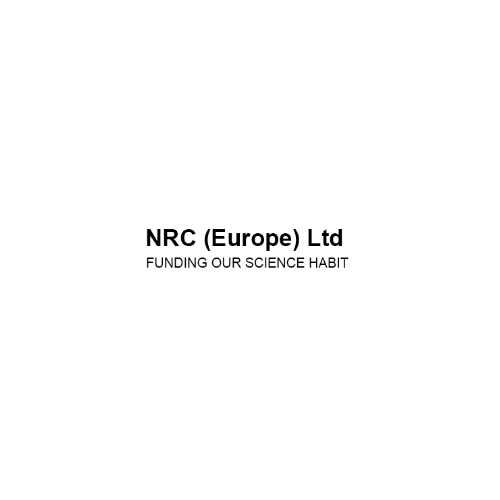
NRC (EUROPE) LTD – NRC (United Kingdom)
NRC is a UK Limited Company (Company Registration No. 03507769 (England and Wales). It was formed in 1998 as a vehicle to market the research and advisory skills of its founder John Pope after his retirement from the CEFAS Laboratory. Over its 14 year existence it has provided advice and research at the highest level to a wide range of Governments, Governmental organisations, Intergovernmental organisations the EU and UN agencies and has participated in ground breaking research on ecosystem structure and life history strategies.
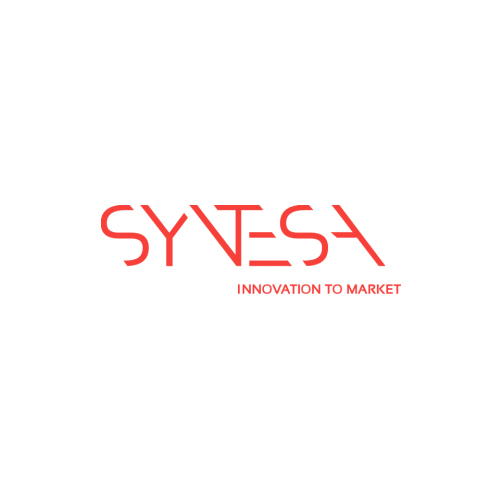
SYNTESA APS – SYN (Denmark)
Syntesa Partners and Associates (DK) is a joint venture between Syntesa sp/f from the Faroe Islands and Heiner Lehr Consulting from Spain. The resulting Danish company Syntesa ApS has partners and associates in the Faroe Islands, the United Kingdom, Denmark, Spain, Germany, Spain and Belgium. The company is by past and present heavily involved in fishery and aquaculture related activities, be it through commercial or research projects. Syntesa is WP leader of evaluation and economic cost-benefit analysis in EcoFishMan, an EU project established in support of the reform of fishery management – in particular the Common Fisheries Policy. They are also a partner in FP7 project BENTHIS and task leader of stakeholder interaction, co-ordinator of Nordic Innovation project WhiteFishMaLL, coordinator of the NORA project MacroBioTech on algae mariculture, coordinator of ALL-Smart-Pigs project and a work package leader in the FP7 project EU-PLF.
Read introduction (pdf)
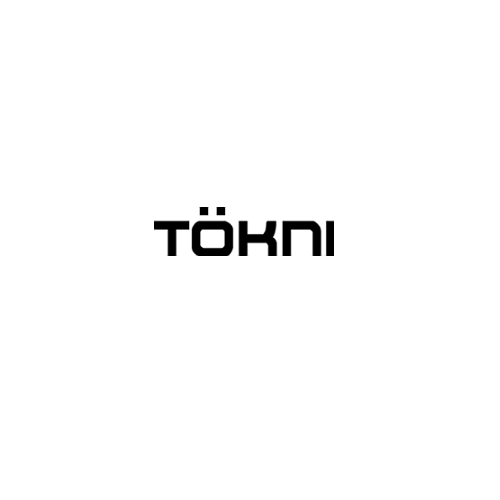
TÖKNI
TÖKNI is an SME with over a decade of game-based learning software development, including the OilSim upstream learning simulator. Tokni specializes in developing solutions that are engaging, enjoyable and educational. In 2014 the major oilfield service company Schlumberger acquired the oil and gas education and training software and business from Tokni. Tokni continues to develop game-based learning solutions in other industries and areas.
Read introduction (pdf)
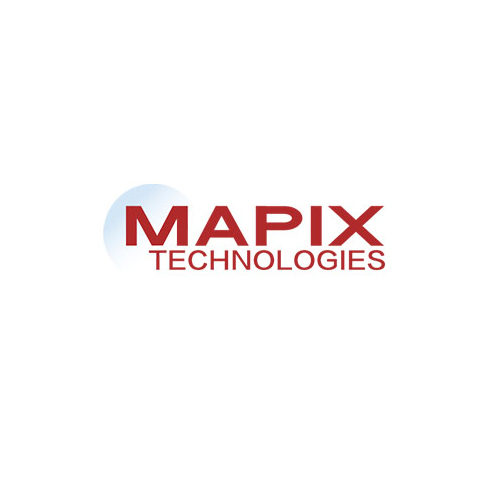
MAPIX TECHNOLOGIES LTD – MAPIX (United Kingdom)
MAPIX technologies Ltd. is an SME specialised in Geospatial Engineering. Involved in Geographical Information System (GIS) technology, data management and software development. 2007 – 2009 Virtual Fencing for control of cattle, Epping Forest, London. Development of a prototype GPS controller to contain cattle within a “virtual fence”. 2009 – 2012 UK Storage and Appraisal Project. Multidisciplinary team engaged in determining the overall capacity of CO2 that can be stored under the North Sea. Supervision of post-graduate research project at Bangor, Bristol and Edinburgh University. 2011 – Supervision and involvement in a MBA post-graduate thesis, Edinburgh Business School. 2010 – 2013 EcoFishMan – EU FP7 Project aiming to develop and pre-evaluate a new management system, the Responsive Fisheries Management System, based on results-based management principles, where Mapix is involved in WP3 assisting with data loading and management, and loading the databases into a GIS, to develop a very simple map-centric visualisation tool. Routechart, a web based application to display data collected during a road condition/inventory survey. The data include high definition geo-referenced video and other collected datasets.
Read introduction (pdf)
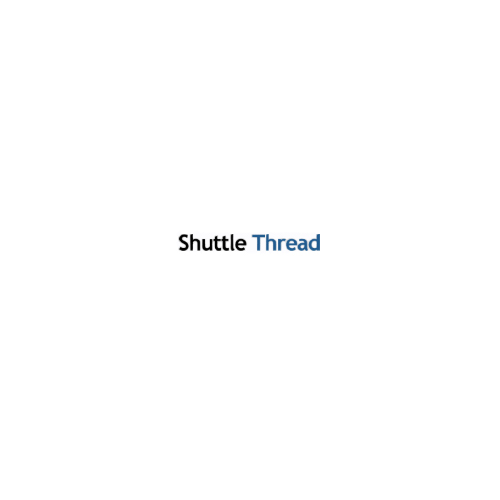
SHUTTLE THREAD LIMITED – STL (United Kingdom)
Shuttle Thread Limited is a software development consultancy focusing on the web. With over a decade of combined software engineering experience, Shuttle Thread build large-scale websites and web applications using proven open-source software for a variety of industries. They can advise on how to structure data in such a way to make the best of the underlying systems, and have the skills to extend the tools so you get the best out of them. Shuttle Thread works in particular with Python, the Plone CMS, MySQL and PostgreSQL. All are major opensource projects, which not only lowers cost of the project, but ensures the project isn’t held to ransom by an external vendor’s priorities.
Read introduction (pdf)
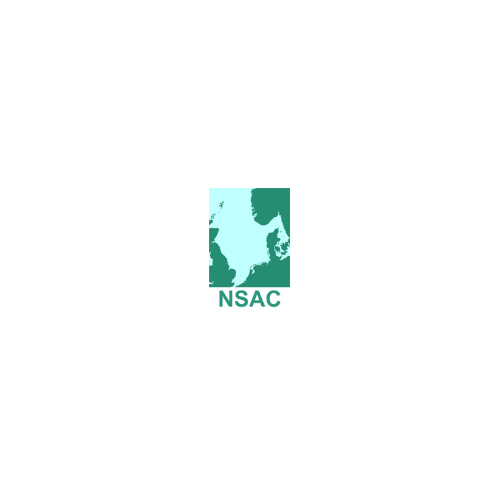
NSRAC LBG – NS RAC (United Kingdom)
NS RAC is a membership organisation established in 2004 to provide greater stakeholder involvement in fisheries management at regional level. It is one of seven Regional Advisory Councils within Europe. The NS RAC prepares and provides advice on the management of fisheries in the North Sea on behalf of its members; fisheries organisations and other stakeholders including environmental organisations. www.nsrac.org In order to ensure plural participation, the Executive Secretary and different representatives from RACs organisations members (fisheries, environmental NGOs, etc.) will be involved in MareFrame, according to the topic of the meetings and events scheduled under WP1.
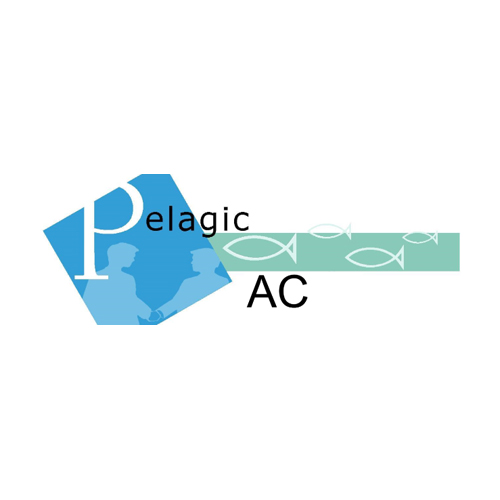
THE PELAGIC ADVISORY COUNCIL – PELAGIC RAC (Netherlands)
The Pelagic Advisory Council is a stakeholder-led organization which provides advice on the management of major pelagic fish stocks in European waters excluding the Baltic Sea, Mediterranean Sea and Black Sea.
It aims to:
- Contribute to the achievement of the objectives of the CFP by providing advice to the European Commission, the Member States, the European Council and the European Parliament and other relevant parties;
- Balance ecological objectives with economic and social needs;
- Include an eco-system-based approach and apply the precautionary principle;
- Provide a forum for active involvement of the industry and other interest groups most directly concerned with pelagic fish stocks, which will contribute to true exchanges of thought and the possibility to suggest feasible solutions in fisheries management and;
- Involve the scientific community in the advisory process, which will contribute to the improvement of the quality of the advice, as well as to a better understanding between the scientific community and the stakeholders.
Read introduction (pdf)
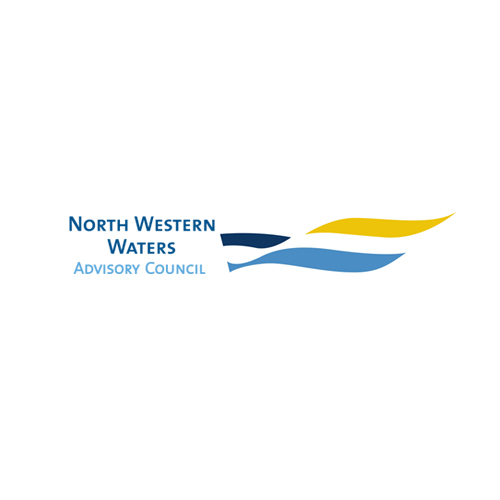
NORTH WESTERN WATERS REGIONAL ADVISORY COUNCIL – NWWRAC (Ireland)
Read introduction (pdf)
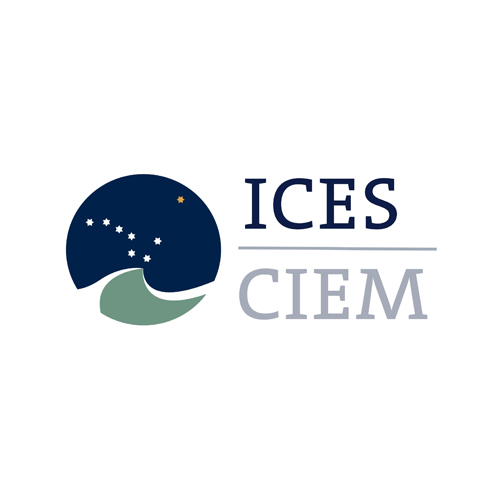
INTERNATIONAL COUNCIL FOR THE EXPLORATION OF THE SEA – ICES (Denmark)
The International Council for the Exploration of the Sea (ICES) coordinates and promotes marine research on oceanography, the marine environment, the marine ecosystem, and on living marine resources in the North Atlantic. Members of the ICES community now include all coastal states bordering the North Atlantic and the Baltic Sea. ICES cooperate with organisations and institutes on an international scale. ICES is a network of more than 1600 scientists from 200 institutes linked by an intergovernmental agreement (the ICES Convention) to add value to national research efforts. The scientists working through ICES gather information about the marine ecosystem. Besides filling gaps in existing knowledge, this information is developed into unbiased, non-political advice. The 20 member countries that fund and support ICES use this advice to help them manage the North Atlantic Ocean and adjacent seas.
Read introduction (pdf)
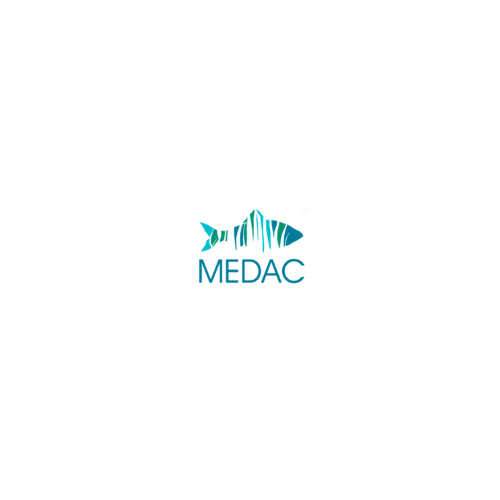
Mediterranean Sea RAC
The Regional Advisory Council for the Mediterranean (RAC MED- CCR MED) has been created in August 2008 and became operational in April 2009 according to the July 19th of 2004 Council decision n. 585/2004, establishing the Regional Advisory Councils (RAC). The RAC MED is a stakeholder-led organization and its role is to enable the European Commission to benefit from the knowledge and experience of stakeholders in the formulation and implementation of fisheries management measures. The RAC MED is composed for two thirds by representatives from the fishing sector of its seven Member States (Italy, France, Spain, Slovenia, Greece, Malta and Cyprus) in particular by the fishing industry, producer organizations, ship owners, small-scale fishermen, processors and women networks, and for one third, it is composed by other parties concerned with the Common Fisheries Policy such as environmental organizations, aquaculture producers, consumers and recreational fishermen.
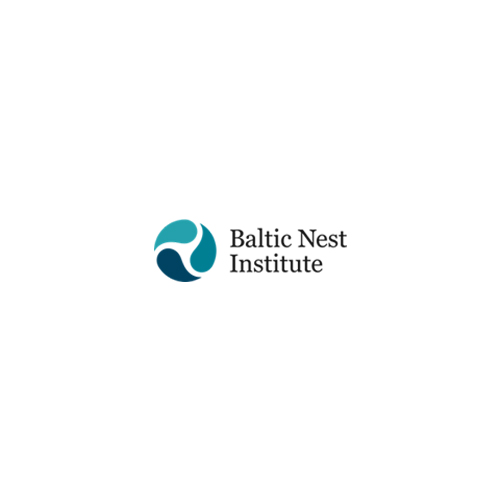
Baltic Nest Institute
Baltic Nest Institute (BNI) is an international research alliance between the Stockholm University Baltic Sea Centre, the Swedish Agency for Marine and Water Management, the University of Aarhus and the Finnish Environment Institute (SYKE). BNI was established in 2007 to continue the research conducted in the international research programme MARE (1999-2006).
Baltic Nest Institute is physically located in Sweden, Denmark and Finland; at the Stockholm University, the Aarhus University at Roskilde and the Finnish Environment Institute (SYKE). The Baltic Nest Institute uses information from a range of institutions around the Baltic Sea, making the integrated, large scale modeling of the Nest model possible. The BNI products are developed in collaboration with the Helsinki Commission (HELCOM) and other end-users, and national and regional authorities are invited to participate in the work to be carried out. The Baltic Nest Decision Support System has been developed using information kindly provided by a range of institutions in the drainage area.

